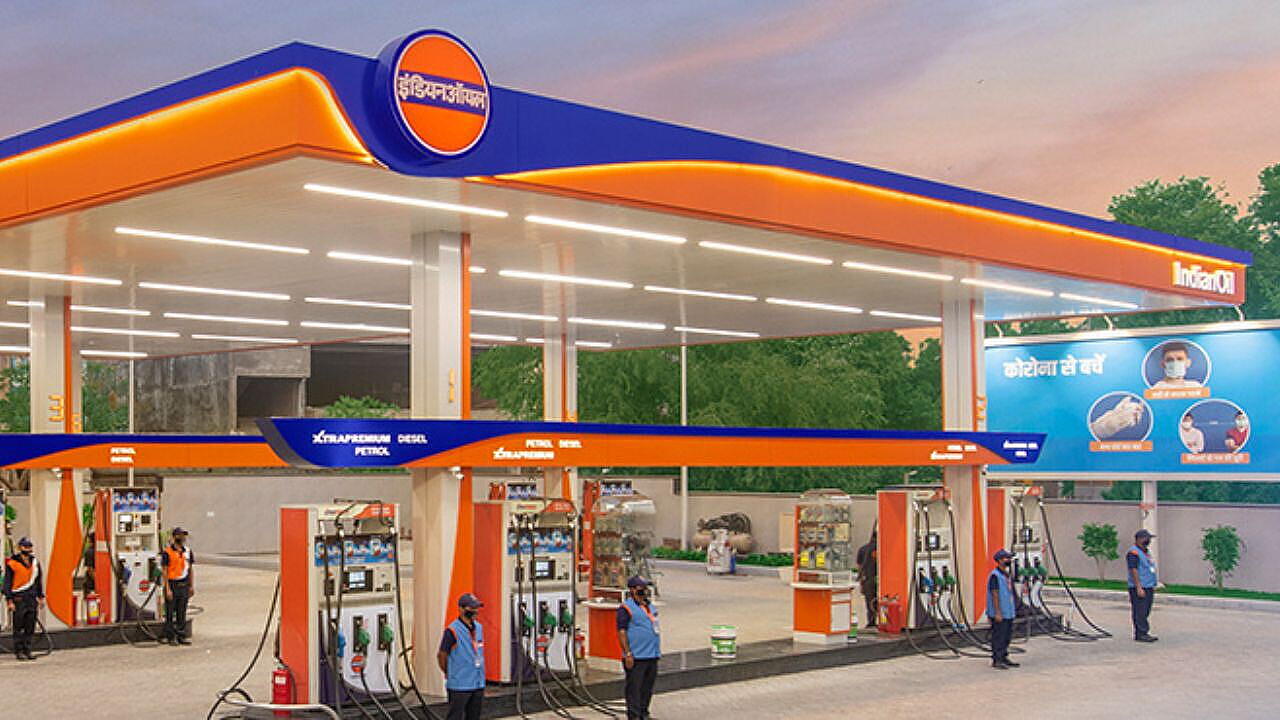
The recent OPEC (Organisation of the Petroleum Exporting Countries) decision to cut oil output by a little over one million barrels daily can put pressure on India’s retail fuel prices going forward.
According to top industry sources, this may not happen immediately, but there is concern that if crude prices start inching towards the $95/barrel mark by June, things could get “slightly sticky”. Brent crude has already shot by nearly $5 following OPEC’s announcement on Sunday to over $85/bbl, which led to the international community being shell-shocked.
Retail fuel prices in India are already burning a huge hole in consumers’ pockets with petrol ruling at over INR 100/litre in most metros, while diesel hovers at around INR 95/litre. The price of CNG (Compressed Natural Gas) averages at around INR 85/kg in the regions where it is retailed, which pretty much means that auto fuels are already at record highs.
Politics And Economics
The good news, at least from the buyer’s side, is that politics has a big role to play in fuel prices. The assembly elections in Karnataka are due on May 10 and if past experiences are any indication, there is no way the Centre will contemplate an increase in prices of petrol or diesel. Doing so will only antagonise voters and this a sure-fire recipe for disaster, especially when the stakes for Karnataka are so high for all the political parties concerned.
Hence, even if global crude oil prices start rising in the coming days and weeks, the public sector oil companies will have to bear the brunt and not pass on this increase to end-users. It is nothing new actually — this is a script that has played out constantly over many years now each time elections happen and this time will be no exception either.
Consumers will, of course, breathe a sigh of relief but the oil marketing companies will end up taking the losses on their books and will have to wait for a long while before any compensation mechanism comes in from the Centre. In the days of administered pricing, the model followed was issuance of oil bonds but today, both petrol and diesel prices have been deregulated, which means that losses will be made up through some kind of a one-time payment.
Protecting Voter Sentiment
Sources say the exercise could be a long drawn-out process this time because there are other State elections coming up along with the big ticket Lok Sabha elections scheduled in 2024. “Tinkering around with fuel prices at this time will definitely not happen and every effort will be taken to keep public sentiment high,” said an industry executive.
While the politics of oil will ensure that the consumer is protected from any price shock in the coming months, the fiscal deficit math will go out of control in a country that imports over 80% of its crude oil requirements. Policymakers will be hoping that global prices do not go out of control as they did during the massive slowdown of 2007-08. This was the time when crude oil prices skyrocketed to nearly $150/bbl and had the world in a tailspin.
The subsidy regime for auto fuels and cooking gas was still prevalent in India then and the Centre had its work cut out in managing the crisis. Diesel in particular posed a bigger challenge since it had the potential to stoke inflation by virtue of its use in trucks, which transport essential commodities.
Era Of Dieselisation
The subsidy on diesel in these years (post-2008) ensured that it was considerably cheaper than petrol and this by itself was a bait for customers to shift to diesel-driven cars with a vengeance. This period saw a huge surge in ‘dieselisation’ and once the subsidy was weaned off over a period of time, car buyers found no reason to stick to this fuel option.
Petrol gained favour all over again and, today, use of diesel in the Indian automotive ecosystem has considerably reduced even though it continues to be the preferred fuel for SUVs. Clean air regulations have also ended up putting the spotlight on diesel, which explains why India (and Europe) are now embracing electric mobility even while it poses its own set of challenges.
Getting back to the core issue of oil prices, there is no telling what will happen if there are more shocks in the future. CEOs have accepted the reality of operating in a volatile world where the Russian war on Ukraine continues to rage on while there are fears that China could replicate this in the form of a possible takeover of Taiwan.
Supply Chain Woes
If this happens, there will be greater pressure on supply of semiconductors at a time when leading carmakers like Maruti Suzuki are already feeling the pinch of the shortage. Taiwan is a critical manufacturing base for chips and a Chinese invasion could just throw the world supply chain into chaos.
The Federation of Automobile Dealers Associations (FADA) has cautioned on Monday that this fiscal will see headwinds for the auto industry owing to inflationary pressures and erratic weather conditions, which could play havoc with incomes in rural India. “Overall, FY24 will be a year of consolidation for the Indian auto retail industry with an overall single digit growth over previous year,” FADA has stated.
Automakers will doubtless factor all this in while planning their production schedules in the coming months. They will now have to reckon with the added reality of high fuel prices being an additional deterrent in customer sentiment.
All in all, this will involve a tightrope walk where companies just need to be prepared for more unexpected shocks in a tense global arena. The OPEC move has ensured that the new fiscal year begins on an uncertain note for India and the world.
Also Read:
Maruti Suzuki Joins Indian Oil For Digital Loyalty Programme
BPCL Inaugurates 19 EV Fast-Charging Corridors At 110 Fuel Stations